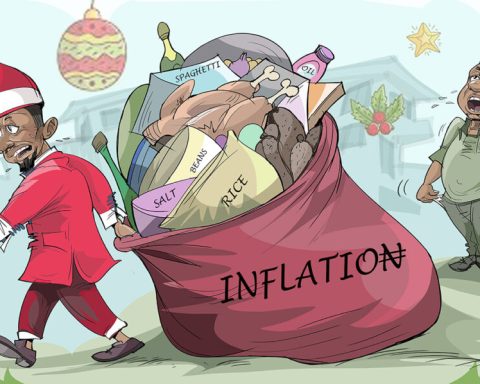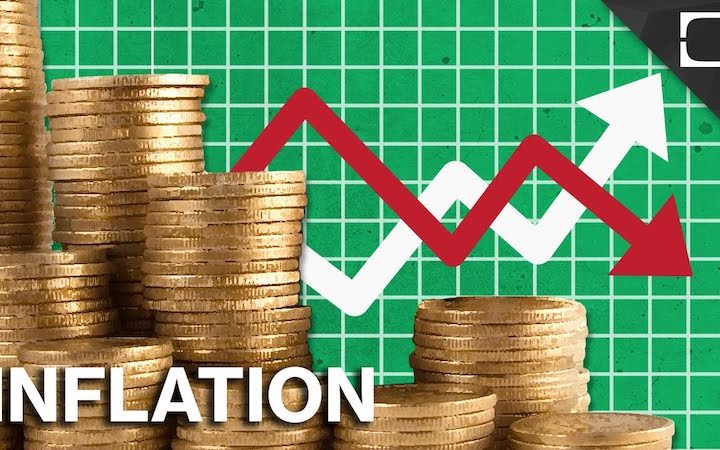In a remarkable Nasdaq debut on Thursday, chip designer Arm saw its shares soar, closing at $63.59 per share, a significant increase from the $51 offer price just the evening before.
This surge in stock price not only valued the SoftBank-backed company at over $65 billion but also marked the largest U.S. listing in nearly two years, raising almost $5 billion for SoftBank.
Join our WhatsApp ChannelRene Haas, Arm’s CEO, seized the opportunity to highlight the company’s transformation since SoftBank’s acquisition in 2016, emphasizing its diversification beyond the mobile market into automotive and data center chips. Haas stated, “We are far more diversified.”
Despite SoftBank selling about 10% of Arm in the IPO, Haas revealed that SoftBank had been a net buyer of Arm’s shares, emphasizing their optimism about the company’s future. “The best days for our company are ahead of us,” Haas added.
This strong reception for Arm’s listing is expected to boost confidence in the broader IPO market, which has been gradually recovering from a challenging fundraising environment.
While Arm’s stock experienced a significant first-day surge, it reflected SoftBank’s strategic focus on ensuring the stock trades well rather than maximizing initial payouts. SoftBank’s long-term interest in protecting the value of its 90% ownership of Arm played a pivotal role in the pricing decisions.
Barclays, Goldman Sachs, JP Morgan, and Mizuho served as lead bookrunners on the IPO, with 24 additional banks participating as underwriters.
Arm’s successful debut sets a positive tone for the IPO market, with upcoming listings like Instacart and Klaviyo expected to further test investor appetite. However, it’s worth noting that while a strong initial “pop” can be exciting, it can also indicate that companies could have raised more capital in the initial offering.
Emmanuel Ochayi is a journalist. He is a graduate of the University of Lagos, School of first choice and the nations pride. Emmanuel is keen on exploring writing angles in different areas, including Business, climate change, politics, Education, and others.


















Follow Us